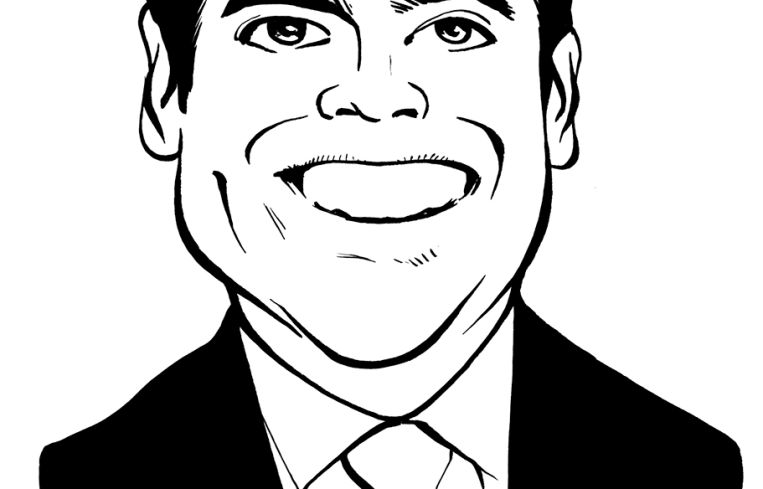Unlocking the Potential of an Injury-Free Construction Industry
By Bill Gilbane III March 15, 2017 3:41 pm
reprints
Construction safety is one of the most important topics in New York City; and this issue is a critical focus for everyone in our industry. Contractors have no greater responsibility than to ensure that everyone on their worksite goes home to his or her family at the end of the day.
The specific challenges that face New York City contractors in ensuring worker safety are significant. Issues such as small building footprints, lack of storage space and proximity to street traffic and other buildings can make safety efforts more complicated and require significant pre-construction planning and various safety approaches. One example of how Gilbane goes beyond Occupational Safety and Health Administration, or OSHA, safety requirements is our 100 percent tie-off rule. All of our workers at elevation of six feet or higher must be tied off at all times, with no exceptions, regardless of trade or whether a worker is moving up the scaffold. This rule has made us one of the safest contractors in the nation but more importantly has saved more than a dozen lives since its introduction.
The use of technology is increasingly playing a vital role in the evolution of safety for construction workers. There are several smart apps and wearable monitors available that can track a worker’s temperature, heartrate and potential exposure to airborne contaminants, giving greater control over worksite safety and enabling real-time reactions to possible safety hazards. These apps also store emergency contact and medical information to assist in critical situations. Additionally, new improvements in badge technology allow us to maintain greater site security in terms of access. This badge technology also captures safety training, registrations and licenses held by individuals so verification of workers qualifications for the tasks they are performing is streamlined. This creates a safer environment for both workers and the public.
But comprehensive safety efforts involve more than new technology. We must engage in a philosophical shift in culture, one that drives safety awareness throughout the company and industry, from the corporate office to the job site—and everywhere in between.
The real power of a company-wide safety culture is in the steps a firm takes to fully educate every employee about safety rules, policies and best practices, as well as why each of these are so important. Every team member must be empowered to ensure the well-being of his or her colleagues. They must be supported for careful preplanning activities, authorized to stop unsafe practices and rewarded for performing safely.
Gilbane, along with many of our peers in the industry, is committed to being incident- and injury-free. We have a responsibility to create this environment every day on every site. “Incident and Injury Free” (IIF) is an industry-wide program that elevates safety through collaboration, training and cultural growth. Our collaborative work with JMJ Associates, together with Hunter Roberts, Skanska, Lend Lease and others, has been extremely helpful in strengthening our IIF commitment and company-wide safety culture. With best-in-class leadership from JMJ, the member companies hold ongoing workshops for employees to discuss new programs, protocols and tools to improve safety.
This commitment is something we and many of our industry counterparts highlight during Safety Week, which will take place from May 1 to May 6. The Safety Week Committee meets to discuss the most pertinent safety issues in New York, and then we work together to create solutions to continue to evolve safety. Gilbane in New York will make this year’s Safety Week particularly special with a focus on Fall Prevention and Occupational Health Challenges in the Construction Environment. We are also excited to see this year’s focus from the City of New York, with their Safety Week campaign “Experience is Not Enough” and their conference, Build Safe, Live Safe on May 3.
We look forward to continuing to collaborate with our clients, regulators and industry peers to build a shared safety culture that benefits workers and all employees. New York construction challenges are unique, but we can overcome these specific risks by embracing new technology, fostering a strong culture and committing to industry-wide collaboration with our peers. In our business, safety is our greatest responsibility, and we have an obligation to effect positive change and ensure continuous improvement in our unwavering commitment to safety.
Bill Gilbane III is a fifth-generation member of the Gilbane family and runs Gilbane Building Company’s operations across New York State.



